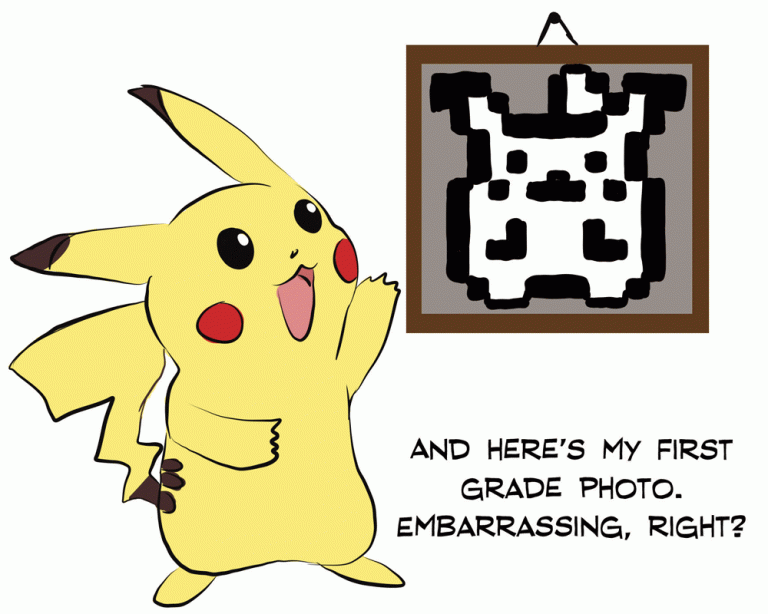
Michael Lin
Staff Writer
For every new and exciting video game series released each year, there are no doubt several recognizable titles released alongside them. Ask yourself: when is the last time you saw a “Pokémon” or “Call of Duty” title and immediately jumped to the pre-order page without consideration?
It seems like the only thing we need to know about the game before spending money is the name of the franchise. In fact, “Pokémon Sun and Moon,” according to a Nintendo press release, is the most pre-ordered game in Nintendo history. Is there an end in sight to these long-standing franchises?
The problem is, once you’ve played a major release of a Pokémon game, you’ve gotten a grasp of the overall series. It’s the same genre, same theme, same gameplay (save for a few tweaks and additions); overall, a very similar experience from one game to the next.
Many video game franchises still profit off releasing eerily similar games in series, even though they are providing an already-established gaming experience to its players. While that seems problematic, some titles today are only well known due to the success of their predecessors. Games like “Assassin’s Creed II” and “The Witcher” both created an established name and standing in the video game industry. Also, it somehow helps when there’s a four-year gap between “Witcher 2” and “Witcher 3.” That meant that I could pick up the sword and sorcery I left in my high school days with enough space to relive it anew in college.
It’s difficult to say what reasons make fans of video game franchises buy into multiple games of the same series. Maybe it’s the same reason that stopped me from buying another four Pokémon games after a first taste a decade ago: it’s the same game all over again. I’d argue that my life would be fine without another “Toy Story” or “Cars” (although I’ve been craving for a “Zootopia 2”). Some series lose their original appeal after multiple iterations, yet there are series, like “The Elder Scrolls,” which can always immerse players in its vibrant, dynamic world.
Sports games may be a special case, though. Games like “FIFA” or “NBA 2K” rely on updating each team’s composition in accordance to the most recent real-world changes to sell the annual reprises of their games. If one was to just play through a few of them, one would realize the minuteness of the tweaks in between games.
Would slightly updated graphics or a different single-player campaign justify another $59.99, all for something one already owns otherwise? Perhaps the secret is changing or adding just enough to a new game to justify the sequel’s release.
In contrast, we’ve already seen some franchises branch out in recent years. “Final Fantasy XIV” and “The Elder Scrolls Online” are significant leaps that the franchises took to enter into the MMO (Massive Multiplayer Online) world. “Pokémon GO” and “Fire Emblem: Heroes” are Nintendo’s parallel ambitious steps that launched two of their longest-reigning franchises into mobile gaming.
So, when should a franchise end? When should a video game developer forego its precious, fan-attracting, long-standing franchise title?
My guess is that they might never end, considering what is at stake for the fans. In fact, both developers and consumers can benefit off of franchising video games. For the developers, it’s an established reputation in the community that’s worth maintaining. For the consumers, it’s a familiar theme that comes with a promise of quality.
At the end of the day, as long as the experiences that we get from these franchises are still enjoyable, then they’re a successful title, regardless of how many titles have came before it.










